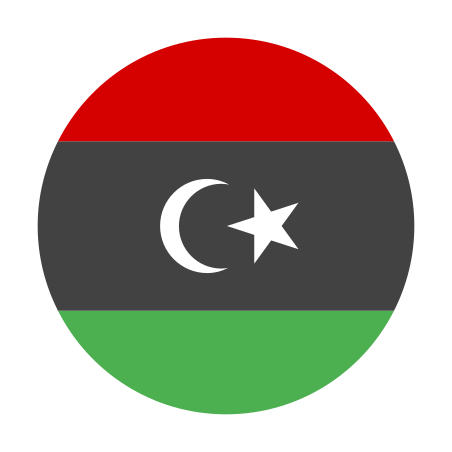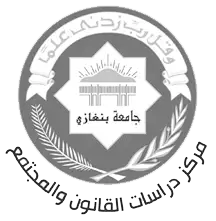Justice seeking and access to justice in Libya: Wives of missing persons in Bani Walid
What are the experiences of people looking for justice in contemporary Libya? For Phase 1 of the Access to Justice-project, Supreme Court Judge Ali Abu Raas analysed the justice journeys of three family members of the victims of the Abu Salim-prison massacre of 1996, during which an estimated 1270 prisoners were killed.
The western city of Bani Walid, saw a number of violent episodes between 2011 and 2012, during which many people were killed or went missing (see also 3.5). This case study looks into the justice journeys of three women in Bani Walid, Naima, Fatima and Warda, whose husbands had gone missing in this way. The wife of a missing person faces a particular kind of suffering. Her fate differs from that of the martyr’s wife, as her situation is more unclear and unstable: is she a wife or a widow? In addition to the pain this causes, the wives of the missing also face legal uncertainty. And when this uncertain state drags on, this leads to countless everyday problems.
The most important objective of the three women was to learn the truth about their husbands. A secondary objective was to secure the material and moral advantages of a clear legal status as widows or wives. Practically, Naima and Fatima did not speak about the inheritance they or their children would be entitled to. But Warda wanted to secure her children’s rights to inheritance and to the salary of their missing father.
The women tried different justice providers. All three registered with the Association of the Missing and the Organisation of those Affected by Resolution No 7. Naima and Warda went to the public prosecutor in Bani Walid. Naima left it at that. Warda still approached the president of the court in Bani Walid to try and secure her husband’s inheritance, salary, and house. Fatima took two different routes. Instead of going to the prosecutor in Bani Walid, she went to the prosecutor general in Tripoli. Further, Fatima went to the public lawyers office to file a lawsuit before the judiciary, and communicated with a number of NGOs.
The women’s justice journeys differed, and these differences were influenced by: the wife’s education and occupation; the husband’s name, which could be seen as revealing his political affiliation, the spouses’ tribes; the family’s number and economic status; and the circumstances of the disappearance. The women also differed in how much risk they were willing to take. Warda did not leave Bani Walid to find out the truth about her husband, instead focusing her efforts on notables within Bani Walid. Fatima went beyond Bani Walid, to Tripoli and even Misrata, where she was financially duped by lawyers. Naima accepted the greatest risks by searching for her husband in prisons outside of Bani Walid.
Until the time of writing, the women have not found out the fate of their husbands, despite their recourse to all these authorities. Here, the political context was key. The wives’ husbands, and Bani Walid more generally, had been accused of supporting the Gaddafi regime and opposing the February 17 revolution. Once the revolution was over, local authorities in Bani Walid did not want to be seen as ruling in favour of people associated with the old regime. Sensitive to this wider political context, one of the women considered that her missing husband was part of a much larger story. She contended that ultimately, a solution to her individual suffering depended on reconciliation between the Warfalla, the majority-tribe in Bani Walid, and the city of Misrata whose troops had played a prominent role in occupying Bani Walid following GNC Resolution 7.
This summary was published in Suliman Ibrahim, Bruno Braak and Jan Michiel Otto (2022) 'The Long and Winding Road: Justice seeking and access to justice in Libya', Leiden/Benghazi: Van Vollenhoven Institute/Benghazi Centre for Law and Society Studies.




